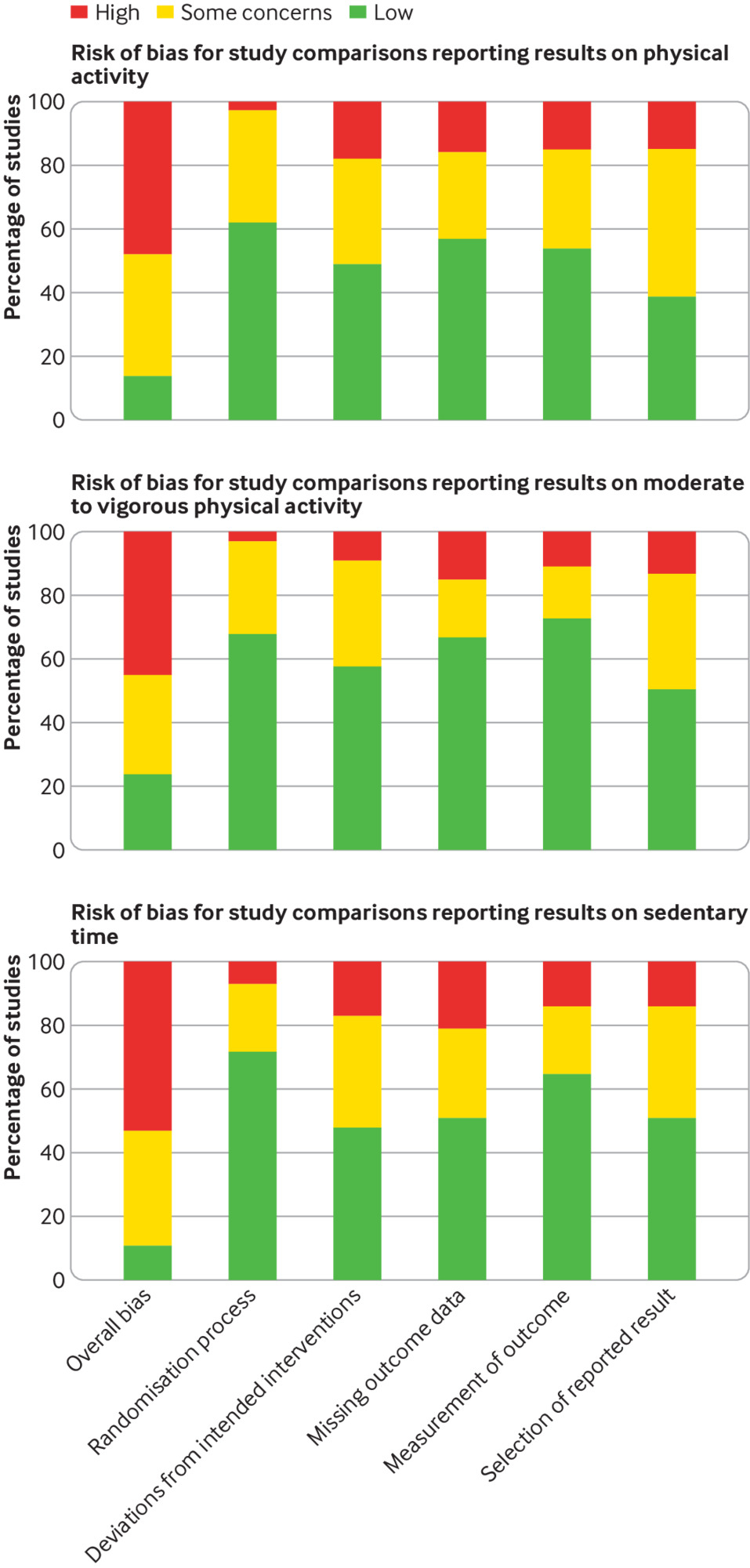According to a new study led by UTHealth Houston, published today in the Journal of the American Heart Association, people who are genetically more at risk of stroke can reduce that risk by up to 43% by adopting a healthy cardiovascular lifestyle.
The study enrolled 11,568 adults aged 45 to 64 who were stroke-free at baseline and followed for a median of 28 years. The cardiovascular health scores were based on the American Heart Association’s “Life’s Simple 7” recommendations, which include quitting smoking, eating better, exercising, losing weight, controlling blood pressure, controlling cholesterol and lower blood sugar. The lifetime risk of stroke was calculated using something called a polygenic stroke risk score, whereby people with more genetic risk factors associated with stroke risk scored higher.
“Our study confirmed that changing lifestyle risk factors, such as B. controlling blood pressure, may offset a genetic risk of stroke,” said Myriam Fornage, PhD, senior author and professor of molecular medicine and human genetics in the Department of Molecular Medicine at UTHealth Houston. “We can use genetic information to determine who is at higher risk and encourage them to adopt a healthy cardiovascular lifestyle, such as Fornage is The Laurence and Johanna Favrot Distinguished Professor of Cardiology at McGovern Medical School at UTHealth Houston.
According to the Centers for Disease Control and Prevention, 795,000 people suffer a stroke in the United States each year. That equates to one stroke every 40 seconds and one stroke every 3.5 minutes. Stroke is a leading cause of long-term severe disability, with stroke limiting mobility in more than half of stroke survivors aged 65 and older. But strokes also occur in younger adults — in 2014, 38% of people hospitalized for stroke were under the age of 65.
People in the study who scored the highest genetic risk for stroke and the worst for cardiovascular health had the highest lifetime risk of having a stroke at 25%. Regardless of the level of genetic stroke risk, those who had practiced optimal cardiovascular health reduced that risk by 30% to 45%. That added up to almost six more years of life without a stroke.
Overall, people with low adherence to Life’s Simple 7 suffered the most strokes (56.8%), while those with high adherence suffered 71 strokes (6.2%).
A limitation of the paper is that the polygenic risk score has not been universally validated, so its clinical utility is sub-optimal, particularly for people of different racial or ethnic backgrounds.
UTHealth Houston co-authors were Nitesh Enduru, MPH; a research assistant graduate of UTHealth Houston School of Biomedical Informatics; and Eric Boerwinkle, PhD, Dean of the UTHealth School of Public Health. Additional contributions were from Adrienne Tin, PhD; Michael E Griswold, PhD; and Thomas H. Mosley, PhD, of the University of Mississippi in Jackson, Mississippi; and Rebecca F. Gottesman, MD, PhD, of the National Institute of Neurological Disorders and Stroke (NINDS). The paper’s first author was Emy A. Thomas, formerly of UTHealth Houston.
Fornage and Boerwinkle are also members of the University of Texas MD Anderson Cancer Center UTHealth Houston Graduate School of Biomedical Sciences.
The study was funded by NINDS (including grants U19-NS120384 and UH3-NS100605), part of the National Institutes of Health.
Materials provided by the University of Texas Health Science Center at Houston. Originally written by Deborah Mann Lake. Note: Content can be edited for style and length.


